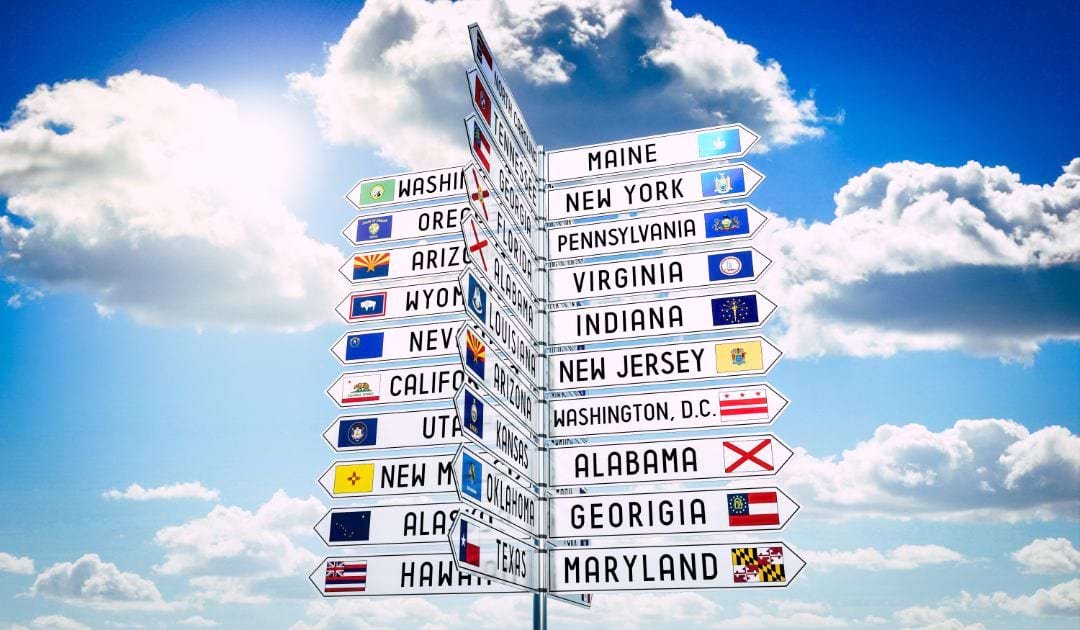Kosovo Visa Liberalization Not in Portuguese Council Presidency Agenda Either
The Portuguese Presidency of the European Union Council, which started its work in January, and will hold the Presidency until the end of June, has failed to include the issue of visa liberalisation for Kosovo citizens in its agenda.
Previously, five other EU Council Presidencies have not dealt with the issue: Austria (July-December, 2018), Romania (January-June, 2019) which doesn’t even recognise Kosovo as a country, Finland (July-December, 2019), Croatia (January-June, 2020) and Germany (July-December 2020) which Kosovo considers as one of its most powerful allies.
Unfolding its programme, the Portuguese Presidency of the Council has listed the following as its priorities:
- Promotion of the EU’s recovery, leveraged by the climate and digital transitions
- Implementation of the Social Pillar of the EU as a key element for ensuring a fair and inclusive climate and digital transition
- Strengthening the EU’s strategic autonomy while keeping it open to the world
The Presidency intends to pursue these three priorities along five action lines, as follows:
- Resilient Europe – Promoting recovery, cohesion and values of the EU
- Green Europe – Promote the EU as a leader in climate action
- Digital Europe – Accelerate digital transformation in the service of citizens and enterprises
- Social Europe – Promoting and strengthening the European social model
- Global Europe – Promote the EU’s openness to the world
Under the latter line of action, amongst others, the Presidency foresees taking an active part in preparing the 6th EU-African Union Summit, monitoring the challenges facing partners in Latin America, strengthening dialogue with the United States, as well as stepping up dialogue and cooperation with India in the political, economic and commercial fields.
However, the same Presidency does not intend to bring forward the issue of Kosovo visa liberalisation.
Kosovo, which started its journey to reach an agreement on EU visa liberalisation on February 19, 2012, met the two last special visa liberalisation requirements in 2018. On July 18, 2018, the EU Commission confirmed all benchmarks for an agreement on visa-free travel with the EU were met.
Yet, almost three years later, the process has not moved forward, no Council Presidency since then has put the issue in its agenda.
Last June, 32 Members of the EU Parliament sent a letter to the German Chancellor Angela Merkel and the Interior Minister Horst Seehofer, asking them to include the issue of visa liberalisation for Kosovo in the agenda of the Council during the German Presidency.
“At the moment, Kosovo is one of the very few remaining European countries, whose citizens cannot travel freely into the Schengen area without a visa. However, this does not depend on Kosovars anymore,” the letter read among others, noting that the issue is now completely in the hands of the EU Council.
Despite the letter, the German Presidency of the Council did not put the issue on its agenda.


















